Local
Comings & Goings
Martin and Jeff group lands at Compass Real Estate
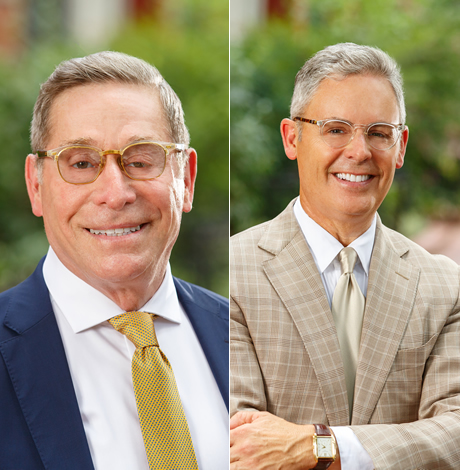
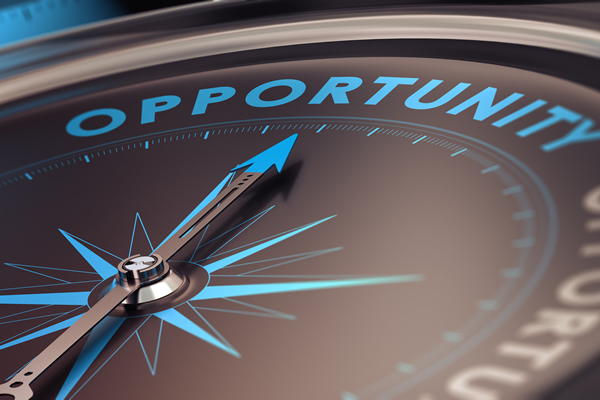
The ‘Comings & Goings’ column chronicles important life changes of Blade readers.
The Comings & Goings column is about sharing the professional successes of our community. We want to recognize those landing new jobs, new clients for their business, joining boards of organizations and other achievements. Please share your successes with us at [email protected].
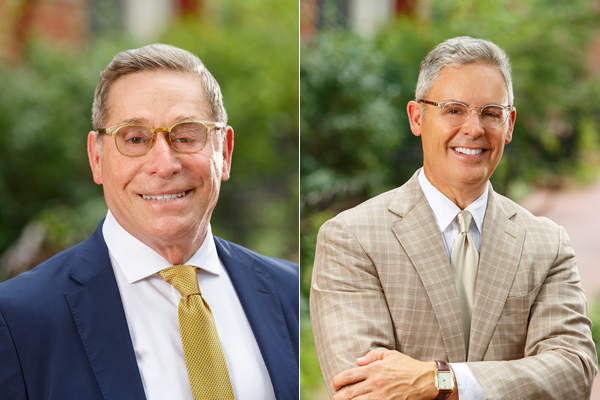
From left, Jeffrey Brier and Martin Toews (Photos courtesy of the subjects)
Congratulations to Jeffrey Brier and Martin Toews of the Martin and Jeff group on joining Compass Real Estate. They said “Compass is a brokerage whose mission is similar to ours. They pair the industry’s top technology with unsurpassed service to make the process of buying and selling a home smart and seamless.” Joining them at Compass will be the third member of their team, Olivia Kibler.
Brier moved to D.C. in 1982 and Toews has lived in D.C. since 1986. In 1995 they formed their real estate partnership and “The Martin and Jeff Group” was born. They were one of the pioneers in the now very common Real Estate team concept. They believed bringing multiple agents together in a group with varied skills and talents makes for a better approach to helping clients achieve their goals. Together they have received many awards are are rated in the top 3 percent of real estate agents in Washington and listed in Washingtonian as top real estate agents 2014-2017.
Toews is a graduate of Washburn University in Kansas (undergrad and MBA) and Brier graduated from the University of Connecticut.
Congratulations also to Anne Friedman the new National Director of Gay For Good (G4G). She is the first paid staffer for this organization celebrating its 10th year. G4G was founded in Los Angeles. Over the past 10 years organizers have developed chapters across the nation and have made a positive impact on the greater community by having members of the LGBTQ+ community volunteer their time to social and environmental organizations.
Each volunteer service project their volunteers participate in fosters stronger relationships and promotes goodwill. Through Gay For Good’s grassroots efforts, parks have been cleaned, homeless people have been fed, schools have been restored and more. Friedman said, “When we show up, the narrative about the LGBTQ+ community is changed. Gay for Good volunteers have logged thousands of hours with our 14 chapters throughout the USA and we are steadily growing to become leaders in making a social impact.”
Previously, she was marketing and communications coordinator with the Jewish Community Foundation of Orange County. For many years she was a director and instructor with Music ’N’ Kids, in Chino Hills, Calif. She and her wife life in Los Angeles. She earned her bachelor’s in Communication Studies from California State University Long Beach.
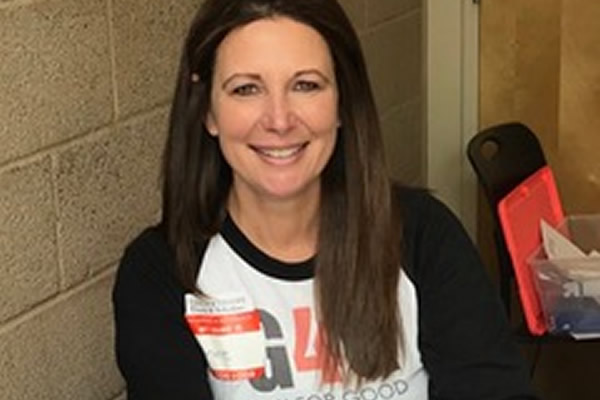
Anne Friedman (Photo courtesy of Friedman)
Congratulations and thanks also to Peter Morgan who is now leading a team that formed the newest chapter of G4G in D.C. He was there in LA when the group was founded. He said “I’m excited to be a part of the team launching G4G in Washington, D.C. I hope G4G-DC brings that same sense to the LGBTQ community here as we volunteer monthly on service projects with non-LGBTQ organizations bridging the gap that may still exist between LGBTQ+ individuals and communities.”
Morgan currently owns Morgan Ink. Marketing, LLC, a firm providing marketing, public relations, and special event services. His clients include DC Shorts Film Festival, Capital Pride Alliance, and Oasis Marketing. Previously he was director of programming and promotions for Studio 4 Networks, Inc. in Los Angeles and general manager of SAVVY Management Public Relations in New York City.
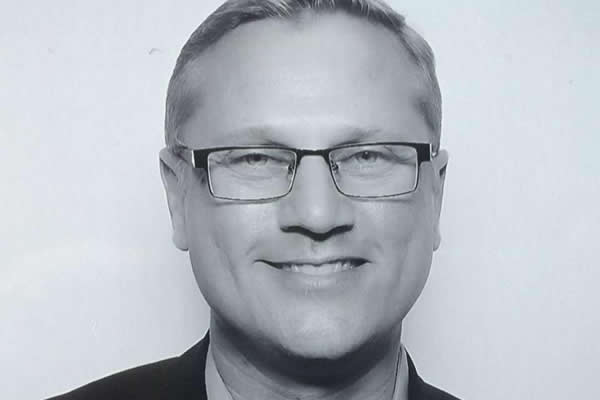
Peter Morgan (Photo courtesy of Morgan)
District of Columbia
D.C. Black Pride theme, performers announced at ‘Speakeasy’
Durand Bernarr to headline 2026 programming

The Center for Black Equity held its 2026 DC Black Pride Theme Reveal event at Union Stage on Monday. The evening, a “Speakeasy Happy Hour,” was hosted by Anthony Oakes and featured performances by Lolita Leopard and Keith Angelo. The Center for Black Equity organizes DC Black Pride.
Kenya Hutton, Center for Black Equity president and CEO, spoke following the performances by Leopard and Angelo. Hutton announced this year’s theme for DC Black Pride: “New Black Renaissance.”
Performers for 2026 DC Black Pride were announced to be Bang Garcon, Be Steadwell, Jay Columbus, Bennu Byrd, Rue Pratt and Akeem Woods.
Singer-songwriter Durand Bernarr was announced as the headliner for the 2026 festivities. Bernerr gave brief remarks through a video played on the screen at the stage.
DC Black Pride is scheduled for May 22-25. For more information on DC Black Pride, visit dcblackpride.org.
Virginia
Arlington LGBTQ bar Freddie’s celebrates 25th anniversary
Owner asks public to support D.C.-area gay bars

An overflowing crowd turned out Sunday night, March 1, for the 25th anniversary celebration of Freddie’s Beach Bar, the LGBTQ bar and restaurant located in the Crystal City section of Arlington, Va.
The celebration began as longtime patrons sitting at tables and at the bar ordered drinks, snacks, and full meals as several of Freddie’s well-known drag queens performed on a decorated stage.
Roland Watkins, an official with Equality NoVa, an LGBTQ advocacy organization based in the Northern Virginia areas of Arlington, Alexandria, and Fairfax County, next told the gathering about the history of Freddie’s Beach Bar and the role he said that owner Freddie Lutz has played in broadening the bar’s role into a community gathering place.
“Twenty-five years ago, opening a gay bar in Arlington was not a given,” Watkins told the crowd from the stage. “It took courage, convincing, and a deep belief that our community belongs openly, visibly, and proudly,” he said. “And that belief came from Freddie.”
Watkins and others familiar with Freddie’s noted that under Lutz’s leadership and support from his staff, Freddie’s provided support and a gathering place for LGBTQ organizations and a place where Virginia elected officials, and candidates running for public office, came to express their support for the LGBTQ community.
“Over the past 25 years, Freddie’s has become more than a bar,” Watkins said. “It has become a community maker.”
Lutz, who spoke next, said he was moved by the outpouring of support from long-time customers. “Thank you all so much for coming tonight and thank you all so much for your support over the past 25 years,” he said. “I can’t tell you how much that means to me and how much it’s kept me going.”
But Lutz then said Freddie’s, like many other D.C. area gay bars, continues to face economic hard times that he said began during the COVID pandemic. He noted that fewer customers are coming to Freddie’s in recent years, with a significant drop in patronage for his once lucrative weekend buffet brunches.
“So, I don’t want to be the daddy downer on my 25-year anniversary,” he said. “But this was actually the worst year we’ve ever had,” he added. “And I guess what I’m asking is please help us out. Not just me, but all the gay bars in the area.” He added, “I’m reaching out and I’m appealing to you not to forget the gay bars.”
Lutz received loud, prolonged applause, with many customers hugging him as he walked off the stage.

In an official statement released at the reveal event Capital Pride Alliance described its just announced 2026 Pride theme of “Exist, Resist, Have the Audacity” as a “bold declaration affirming the presence, resilience, and courage of LGBTQ+ people around the world.”
The statement adds, “Grounded in the undeniable truth that our existence is not up for debate, this year’s theme calls on the community to live loudly and proudly, stand firm against injustice and erasure, and embody the collective strength that has always defined the LGBTQ+ community.”
In a reference to the impact of the hostile political climate, the statement says, “In a time when LGBTQ+ rights and history continue to face challenges, especially in our Nation’s Capital, where policy and public discourse shape the future of our country, together, we must ensure that our voices are visible, heard, and unapologetically centered.”
The statement also quotes Capital Pride Alliance CEO and President Ryan Bos’s message at the Reveal event: “This year’s theme is both a declaration and a demand,” Bos said. “Exist, Resist, Have Audacity! reflects the resilience of our community and our responsibility to protect the progress we’ve made. As we look toward our nation’s 250th anniversary, we affirm that LGBTQ+ people have always been and always will be part of the United States’s history, and we will continue shaping its future with strength and resolve,” he concluded.
-

 India5 days ago
India5 days agoActivists push for better counting of transgender Indians in 2026 Census
-

 Advice4 days ago
Advice4 days agoDry January has isolated me from my friends
-

 District of Columbia4 days ago
District of Columbia4 days agoCapital Pride reveals 2026 theme
-

 National4 days ago
National4 days agoAfter layoffs at Advocate, parent company acquires ‘Them’ from Conde Nast


















